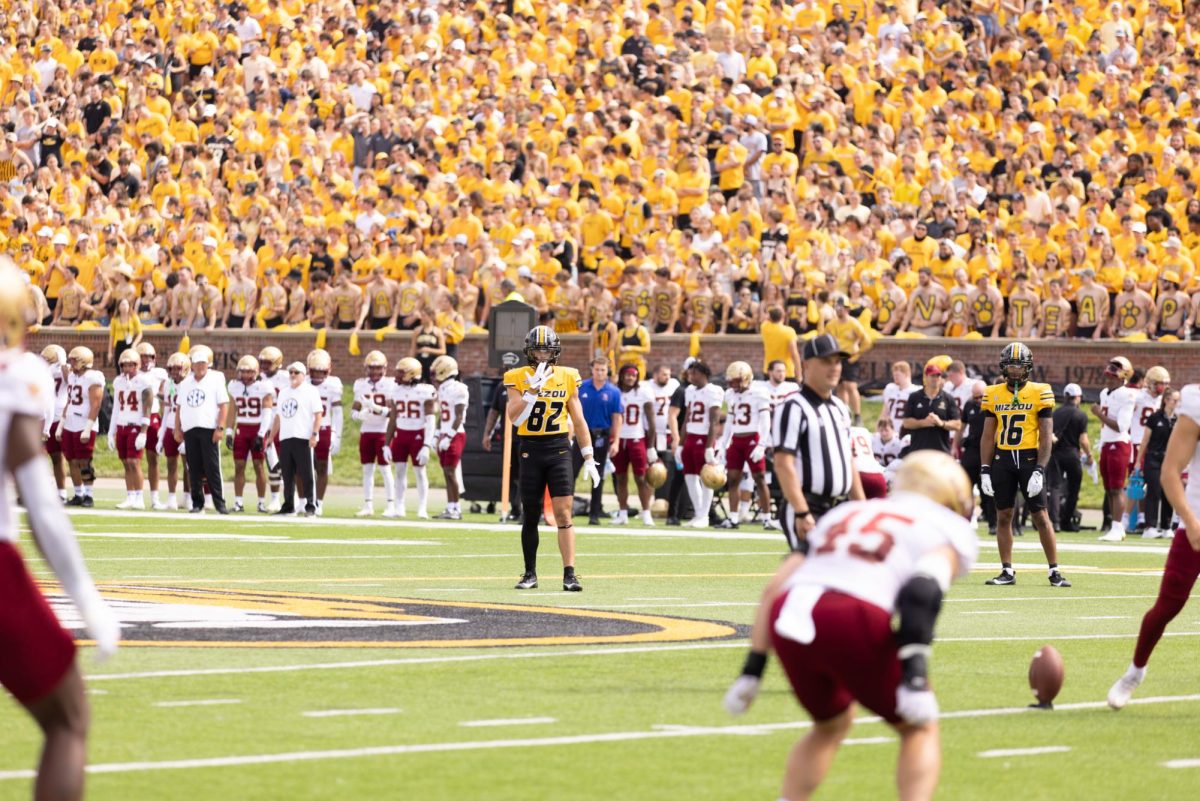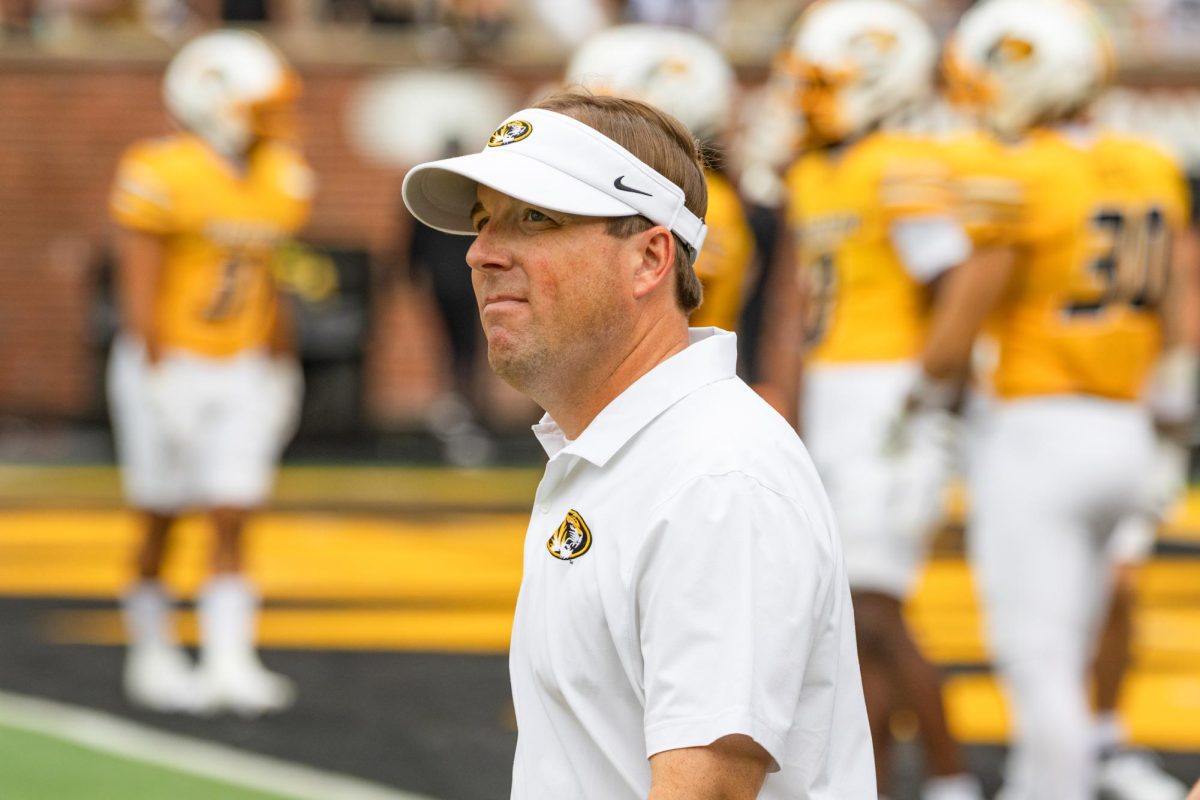Snow is melting, the sun is shining and spring is in the air. March is finally here, and Selection Sunday is right around the corner, where 68 teams will begin their march towards a national championship.
In the post-Super Bowl darkness of the sports calendar, the NCAA tournament is the light at the end of the tunnel. The tournament is one of the biggest American sporting events today and it continues to grow in popularity year after year. But what if I told you it wasn’t because of the basketball?
Sure, the NCAA Tournament has provided some iconic and historic basketball moments. In 1966, Texas Western stunned America by toppling UCLA with the first ever all-black starting five to win the national title. In 1979, Magic Johnson and Larry Bird squared off for the first time in what would become basketball’s most defining rivalry.
In 1983, Jim Valvano overcame terminal bone cancer to lead his North Carolina State team to a national championship and the greatest upset in tournament history. And in 2010, the Butler Bulldogs went on the most incredible run in tournament history, only to fall one shot shy of the ultimate prize.
These are all moments that every fan remembers and cherishes, but ultimately it’s not what March Madness is about. At the end of the day, all that really matters is the money. And there’s no room for Cinderella in the board room.
It’s not as romantic as you might like, but that’s the reality. College sports are a big business.
An estimated 90 to 100 million dollars are legally bet on the NCAA tournament every year. But that doesn’t include the 50 million fans who will fill out brackets and participate in office pools this year. And it also doesn’t include the Federal Bureau of Intelligence’s estimate of $2.5 billion in illegal gambling on the tournament.
In total, it’s estimated that last year’s NCAA tournament was responsible for $12 billion worth of gambling worldwide, according to R.J. Bell of Pregame.com. That’s $2 billion more than the Super Bowl, truly making March Madness the most popular and lucrative sporting event in the United States.
But bookies aren’t the only ones profiting from the madness. In 2011, CBS and Turner Sports offered the NCAA a 14-year, $10.8 billion contract for the broadcast rights to the tournament, making it the largest deal ever of its kind.
So what does all this mean?
It means that allegiance has shifted. The NCAA tournament is no longer about the basketball being played, but the money changing hands. It’s a sad reality, but the reality nonetheless.
But despite the greed, the stories remain. Money can’t erase the memories of tournaments past. Texas Western, now University of Texas-El Paso, still owns a national championship 50 years later and that can’t be taken away.
And more importantly, it can’t stop the underdogs of the sport. With automatic bids going to every conference champion, the George Masons, Butlers and Florida Gulf Coasts of the sport will continue to have a spot at the table.
So this year, when the tournament rolls around, take a minute to appreciate the little guys who made it to the Big Dance. At least one of them is Cinderella, and if you’re too focused on your bracket, you might just miss the ball.





